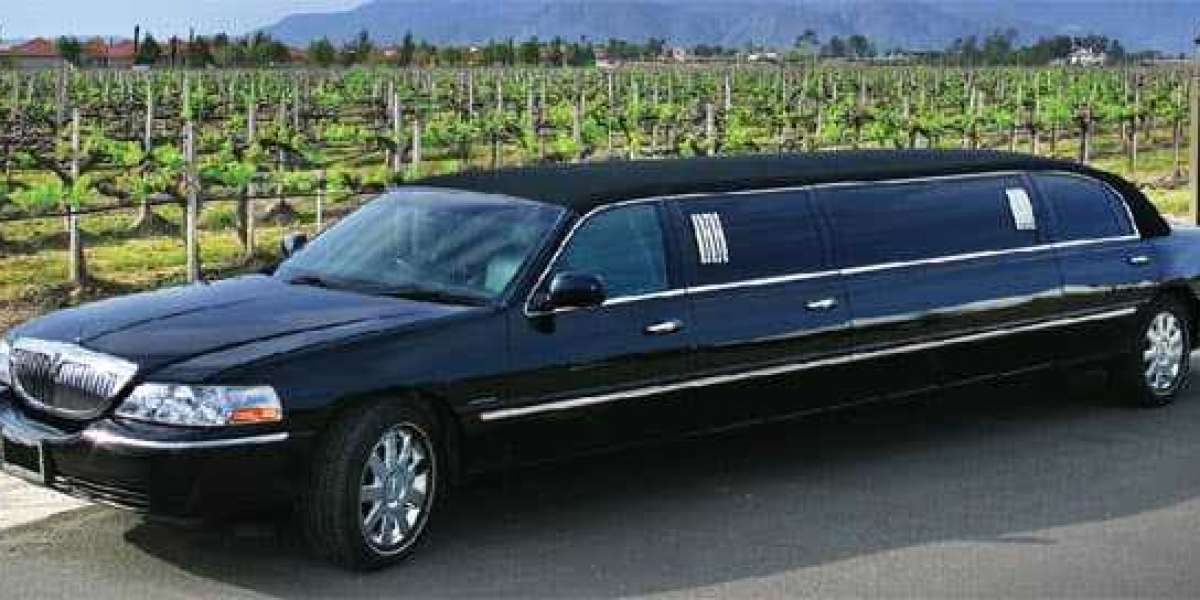Islamic rulings on cosmetic surgery, including liposuction (شفط الدهون في الرياض), are based on principles of preserving health, preventing harm, and avoiding unnecessary alteration of Allah’s creation without valid reason. Scholars have issued guidance based on context and intent.
? General Ruling: Conditional Permissibility
Liposuction is generally permissible in Islam if it meets the following criteria:
✅ 1. Medical or Psychological Benefit
If liposuction is done to treat a medical condition (e.g., obesity-related health risks, lipomas, or restricted mobility) or severe psychological distress, it is usually considered permissible (mubah).
“There is no harm nor reciprocating harm.”
— Prophet Muhammad (ﷺ), Hadith (Ibn Majah)
✅ 2. No Excessive Harm
The procedure must not pose excessive risk to one’s life or well-being. If it is safe and done by qualified professionals, it aligns with the Islamic principle of preserving life and health.
✅ 3. No Intent of Vanity or Arrogance
Liposuction should not be performed purely out of vanity, arrogance, or to imitate others in a non-Islamic fashion. If the intent is self-confidence, physical ease, or mental well-being, it is more likely to be permitted.
? When Liposuction May Not Be Permissible
Liposuction is not permissible if:
It’s done with the sole intention of altering one’s body unnecessarily for fashion or pride.
It involves harmful side effects or complications that outweigh the benefits.
It leads to immodesty, exposing awrah, or disregards Islamic ethics in clinical settings.
? Gender and Privacy Considerations
In Islam, maintaining modesty and privacy during medical procedures is important:
Whenever possible, the surgeon should be of the same gender as the patient.
If a same-gender professional is not available, the procedure should be done with medical necessity and with proper coverings in place.
? Scholarly Opinions
Many contemporary scholars and fatwa councils agree that cosmetic surgery is allowed in cases of genuine need, including:
Restoring normal function or appearance
Removing deformities or abnormal fat buildup
Improving one’s quality of life
Examples include:
Dar al-Ifta al-Misriyyah (Egypt): Permits cosmetic surgery if there is a legitimate reason and no serious harm.
Sheikh Yusuf al-Qaradawi: Allows cosmetic procedures if they are medically needed or remove a defect, not for the sake of beautification alone.
? Final Thoughts
Liposuction can be Islamically permissible when:
It serves a legitimate medical or psychological purpose
It is done safely and ethically
It aligns with Islamic guidelines on modesty, intention, and well-being
As with all matters of faith, it's recommended to consult a qualified Islamic scholar and a trusted medical professional before making a final decision.







